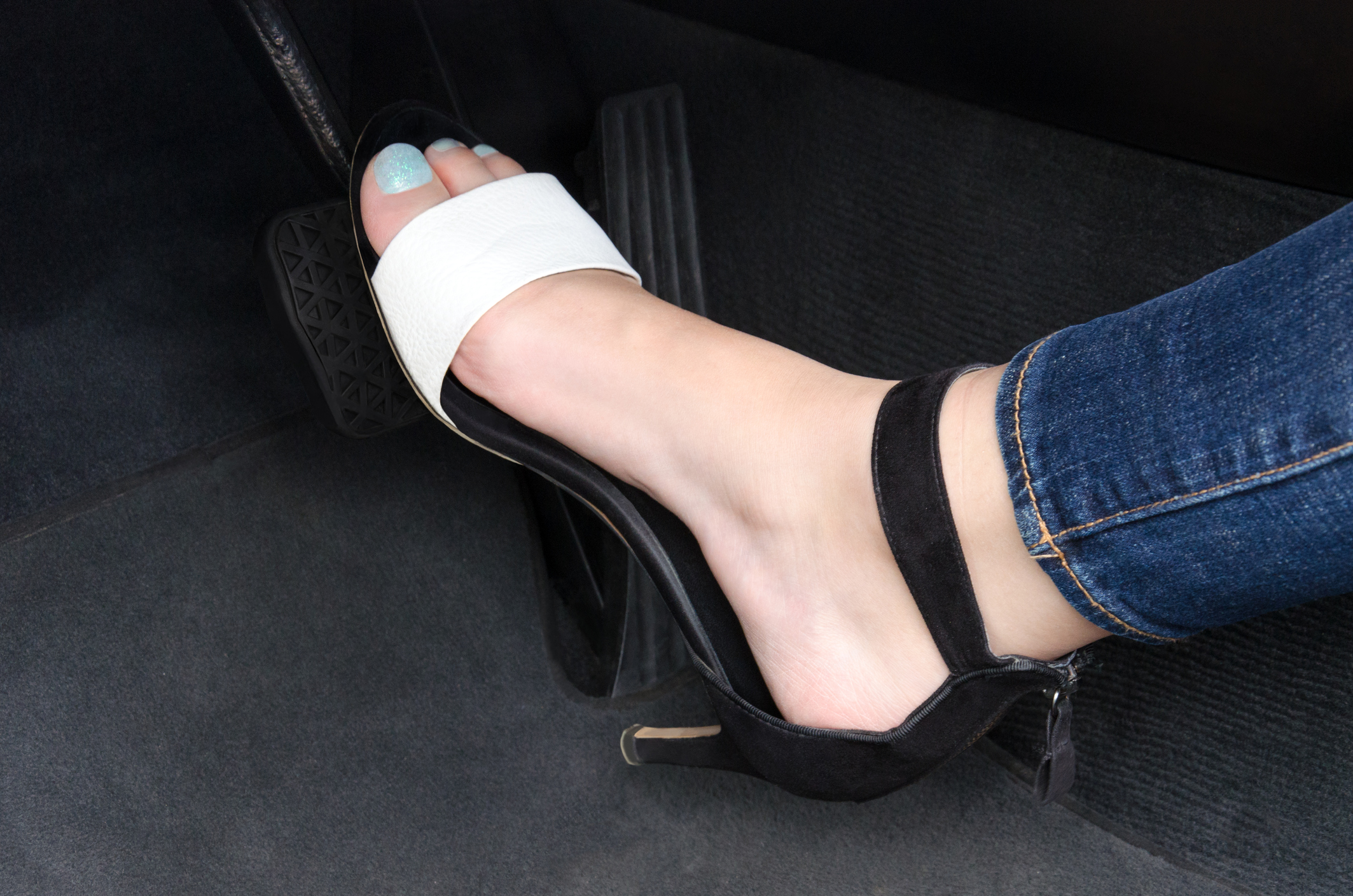 If your car's brakes are squeaking, squealing, or making ominous grinding noises when you apply the pedal, you might need new brake pads or rotors.
If your car's brakes are squeaking, squealing, or making ominous grinding noises when you apply the pedal, you might need new brake pads or rotors.
Ditto if the brake pedal has more travel than usual before you feel much braking force, or if it just feels like your car requires longer distances to stop
Sometimes, though, you may hear squeaks or squeals because the brakes are coated with moisture, light surface rust, dirt, or grime, particularly after the car has been sitting either overnight or for several hours. Those noises might go away after you apply the brake pedal a few times or more (and the brake pads have cleaned the offending substance off the rotors or drums). Noise can also be caused by a loose brake pad or caliper.
If you hear a high-pitched scraping sound, that could be pad-wear indicators sounding the alarm that you’re late in getting your car’s brakes fixed.
Because there are several possibilities, the best way to tell if you need brake work is to ask us to inspect the condition of the entire brake system, including the rotors (or rear drums on some vehicles), the brake pads (the friction material that squeezes against rotors or drums), the calipers and other hardware, and the master brake cylinder and fluid lines going to each wheel.
Your ears and how the brakes feel and perform can tell you a lot about the condition of your braking system, but we can tell you more about what’s wrong and what needs to be fixed. Excessive brake pedal travel could mean worn pads, for example, but it could also be caused by low brake fluid. While the symptoms may be the same, the treatments are very different.
Brakes wear out gradually, so you might not notice a slow but steady decline in stopping ability. A good way to keep tabs on the condition of your brakes is to have them inspected at each oil change. That might give you a heads-up that you’ll need new pads or rotors within the next few months so you have time to choose where and when you have the work done.